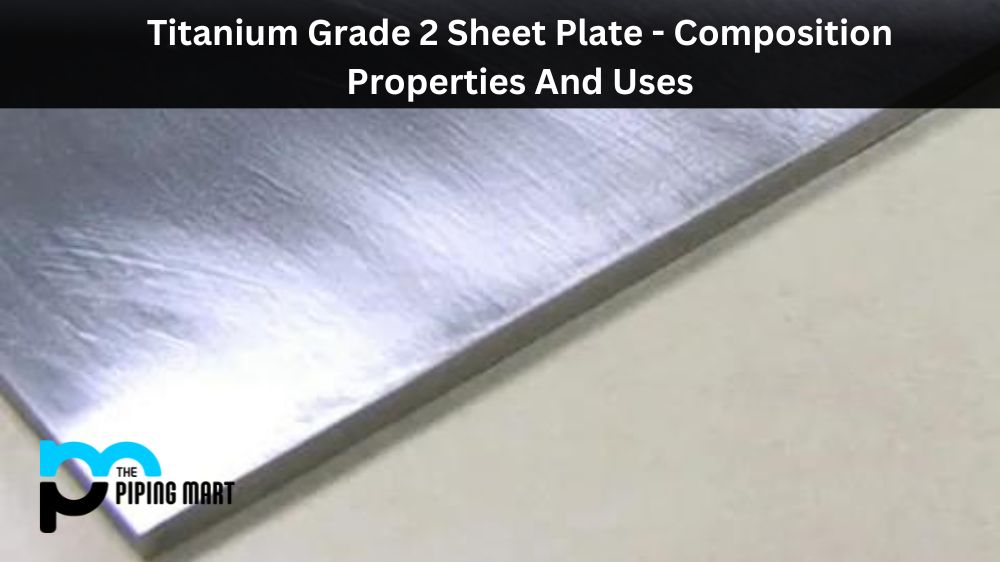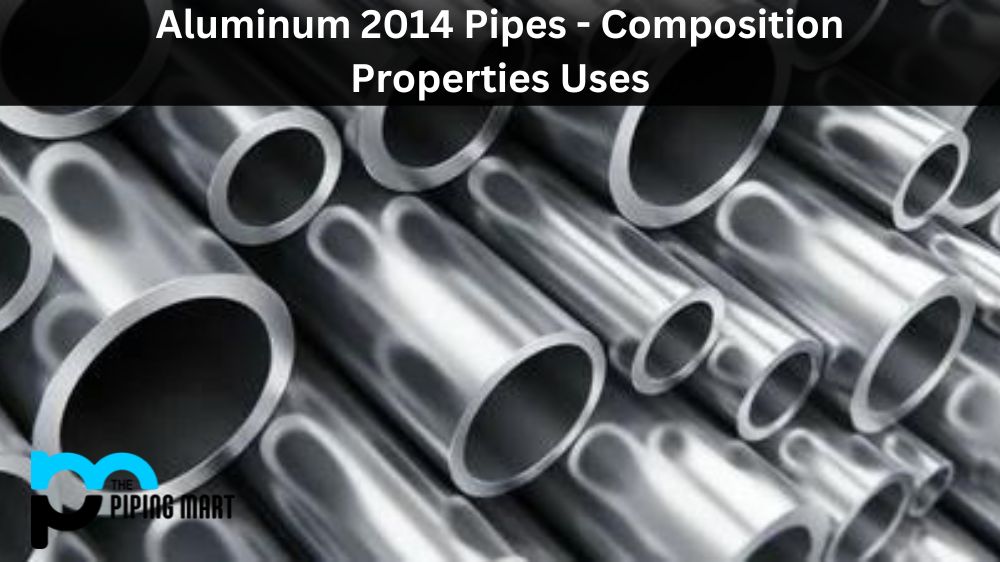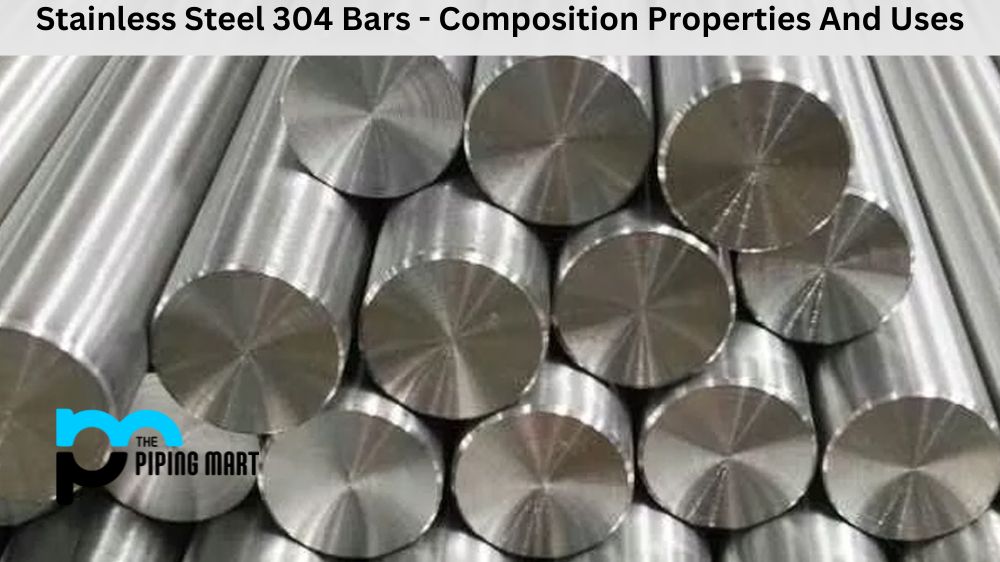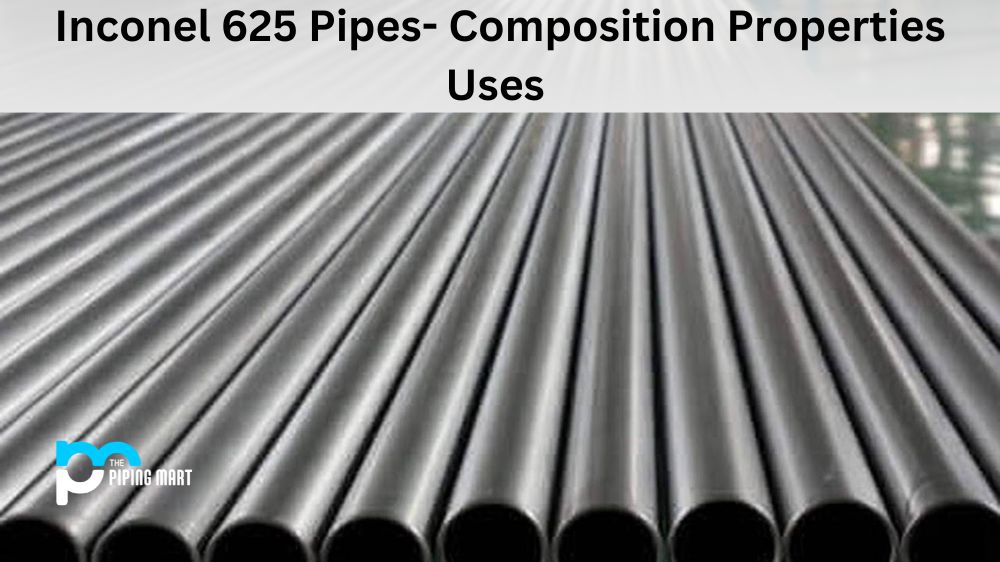Titanium is a fascinating metal that promises high durability, strength, and corrosion resistance. While several grades of titanium are available in the market, ASTM B348 Gr 2 Plate stands out as one of the most widely used varieties. This blog post will help you understand the composition, physical and mechanical properties, uses, and heat treatment of titanium grade 2 sheet plates. Whether you work in the manufacturing, aerospace, or medical industry, you will find this information helpful in optimizing your processes and choosing the right titanium grade for your specific application.
Titanium Grade 2 Sheet Plate Composition
ASME SB 265 sheets comprises 99.2% pure titanium, with small amounts of iron and oxygen included. Ti Alloy Gr 2 grade is known for its high ductility, excellent corrosion resistance, and weldability. The low concentration of interstitial elements reduces the risk of hydrogen embrittlement and ensures that the ASTM B348 Gr 2 Plate can withstand high-temperature exposure.
Titanium Gr2 Sheet Plate Physical Properties
UNS R50400 Sheet plate has a density of 4.51 g/cm3, about half the sheet’s density. This property makes Gr 2 Titanium Sheets lightweight and ideal for high-strength and low-weight applications. The melting point of this grade is 1668 Celsius, and it has a thermal conductivity of 20.6 W/mK. Additionally, Titanium Plate Grade 2 is non-magnetic, which makes it useful in industries where magnetic interference is a concern.
| Physical Properties | Metric | English | |
| Density | 4.51 g/cc | 0.163 lb/in³ |
UNS R50400 Sheet Plate Mechanical Properties
ASTM B265 Titanium Grade 2 Plate has a yield strength of 275 MPa, an ultimate tensile strength of 345 MPa, and a modulus of elasticity of 105 GPa. This grade of titanium is highly resistant to fatigue and can withstand several million stress cycles before failure. ASTM B265 Sheets & Plates also has excellent formability, which makes it easy to shape and fabricate into different parts.
| Hardness, Knoop | 170 | 170 | |
| Hardness, Rockwell B | 80 | 80 | |
| Hardness, Vickers | 145 | 145 | |
| Tensile Strength, Ultimate | 344 MPa | 49900 psi | |
| Tensile Strength, Yield | 275 – 410 MPa | 39900 – 59500 psi | |
| Elongation at Break | 20 % | 20 % | |
| Reduction of Area | 35 % | 35 % | |
| Modulus of Elasticity | 105 GPa | 15200 ksi | |
| Compressive Modulus | 110 GPa | 16000 ksi | |
| Poisson’s Ratio | 0.37 | 0.37 | |
| Izod Impact | 114 – 171 J | 84.1 – 126 ft-lb | |
| Fatigue Strength | 300 MPa | 43500 psi | |
| Fatigue Strength | 425 MPa | 61600 psi | |
| Fracture Toughness | 66 MPa-m½ | 60.1 ksi-in½ | |
| Shear Modulus | 45 GPa | 6530 ksi |
Titanium Gr.2 Sheets & Plates Uses
UNS R50400 sheet plate has numerous applications in different industries. It is commonly used in aerospace, marine, and chemical processing industries due to its high strength-to-weight ratio and corrosion resistance properties. It is also used in medical devices such as dental implants, artificial joints, and pacemakers due to its biocompatibility and low toxicity. Additionally, Ti Alloy Gr 2 Plates is used in heat exchangers, valves, and piping systems.
ASTM B265 Sheet Plates Heat Treatment
Ti Alloy Gr 2 Sheets can be heat treated to improve its mechanical properties. Heat treatment involves heating the material to a specific temperature and holding it for a certain duration before cooling it down. The most common heat treatment method is annealing, which involves heating the material to 704 degrees Celsius and holding it for up to two hours before cooling it down. This process increases flexibility and reduces the residual stress in the material, making it easier to machine.
Ti Alloy Gr 2 Sheet Plate Corrosion Resistance
One of the standout features of titanium grade 2 sheet plate is its corrosion resistance. UNS R50400 Plates is highly resistant to attack in alkaline, acidic, and oxidizing environments, making it an excellent choice for corrosive environments. UNS R50400 Sheets is also resistant to pitting and crevice corrosion, which are common types of corrosion that occur in metals exposed to saltwater and chloride environments.
Conclusion:
Titanium Plate Grade 2 is a versatile and durable metal with numerous applications in different industries. Understanding Titanium Sheet Grade 2 composition, physical and mechanical properties uses, heat treatment, and corrosion resistance is key to optimizing its use in your specific application. Whether manufacturing aerospace parts, medical devices, or processing chemicals, using titanium grade 2 sheet plate can help you achieve superior performance, high corrosion resistance, and long-lasting durability.

Abhishek is a seasoned blogger and industry expert, sharing his insights and knowledge on various topics. With his research, Abhishek offers valuable insights and tips for professionals and enthusiasts. Follow him for expert advice on the latest trends and developments in the metal industry.




